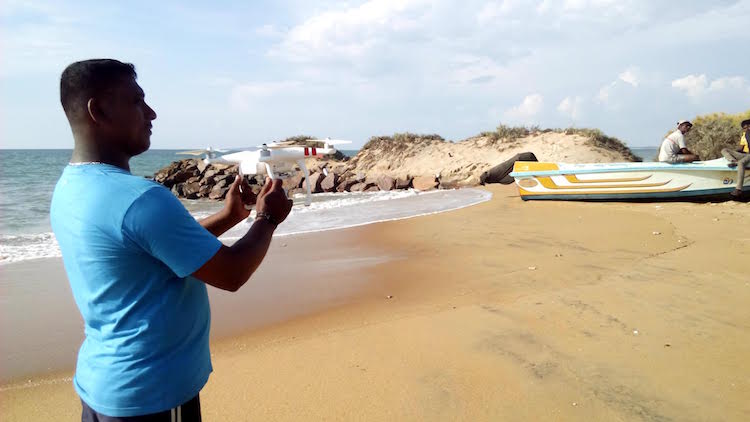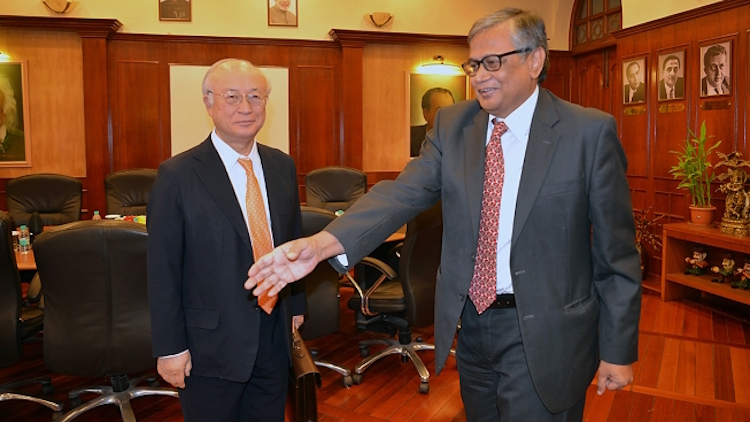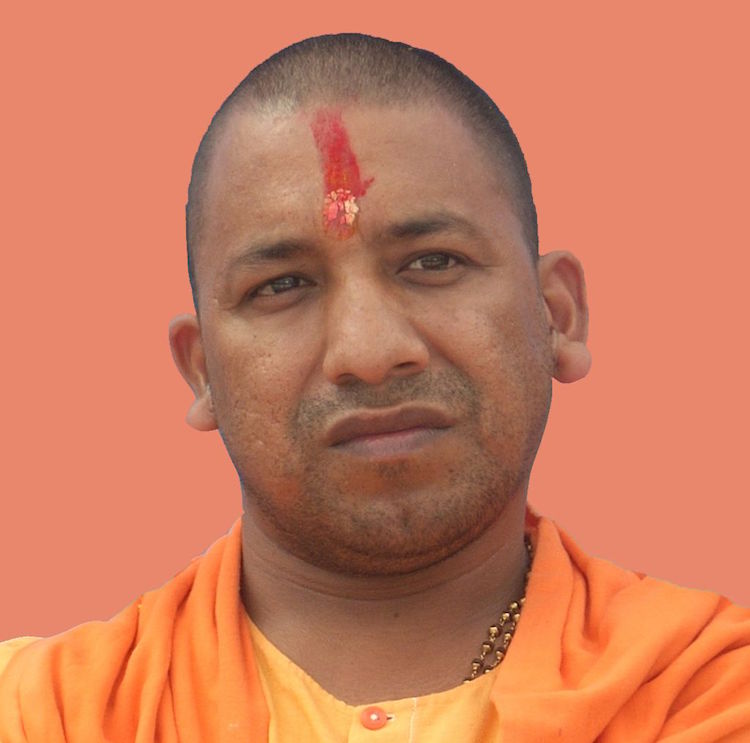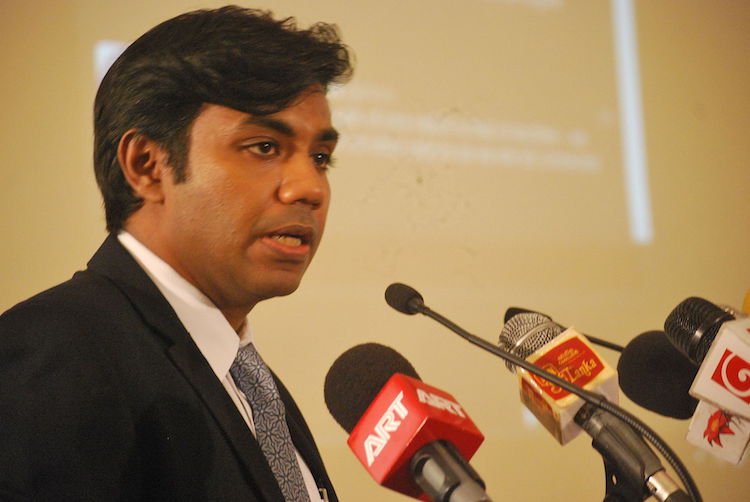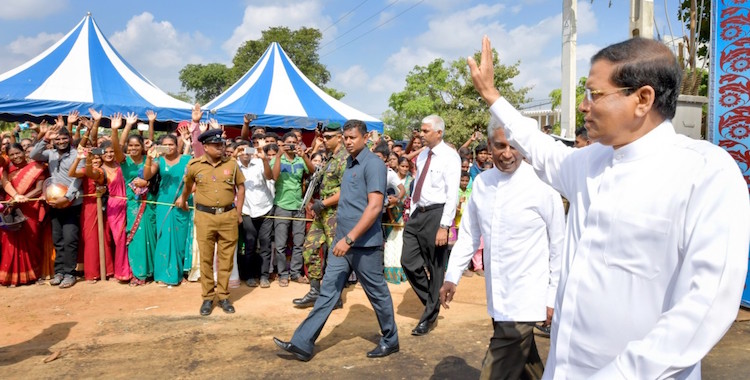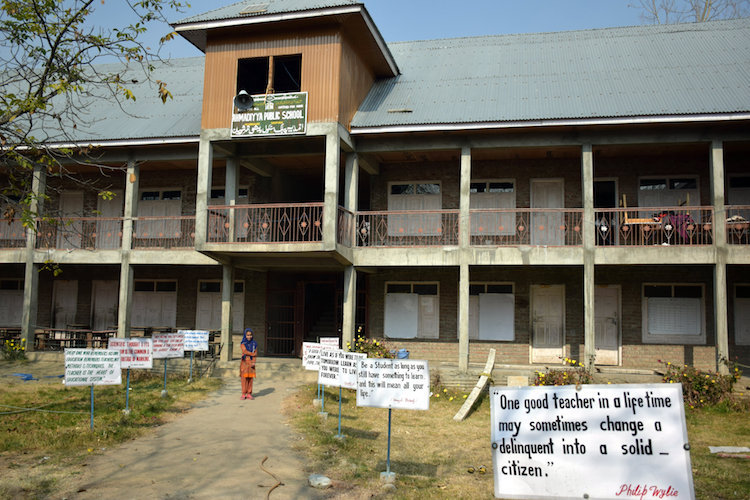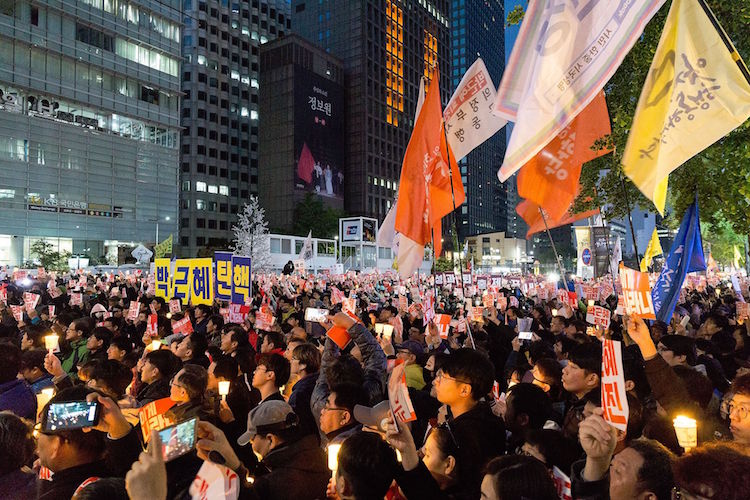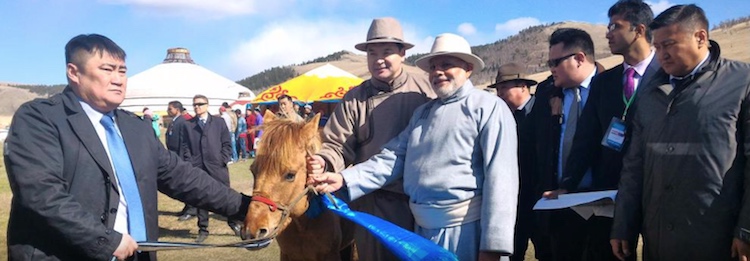By Stella Paul
KALPITIYA, Sri Lanka (IDN) – As the midday sun rises higher over Gulf of Mannar, a drone hovers over the blue mass of sea water. Below, a motley crowd of fishermen gathers, straining their eyes at a drone.
A few metres from the crowd, conservationist Prasanna Weerakkody operating the drone raises it to 500 metres, before moving it slowly in different directions, allowing the device to film a large swathe of water.
One day, he believes, the roving camera of this drone will send images of one of the most elusive sea mammals in this ocean: the dugong.

